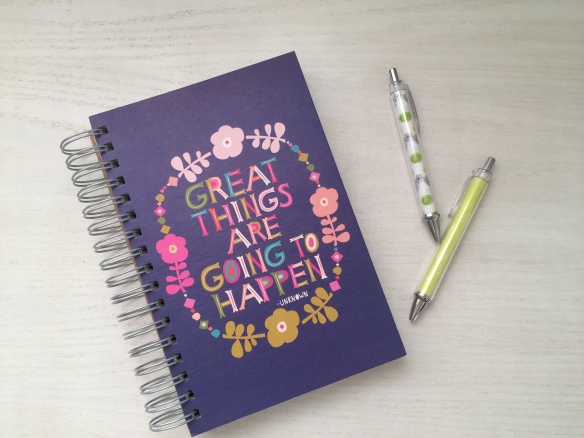
The problem with high school is that there’s a lot of people telling you what to do, where to be, and how you need to complete x,y and z in order to get your diploma.
Then in university or college you’ve got a little more freedom to decide how and when you do things, but you still have to meet the prerequisites to graduate, and do more schooling, or become a whatever and by then you’ll have totally figured out how to do things for yourself, right?
Unfortunately, I’ve found this isn’t always the case. Sure, each workplace has a certain set of rules you have to follow, and most jobs have a job description that you have to adhere to. But your job is just you job; your workplace is just where you work. That is, for now. Who helps you to decide when it’s time to move on? Who tells you what to do to gain upward mobility in your company? What the prerequisites for getting promotions? For changing careers? For scaling back?
For some, knowing that your career has the ability to head in whatever direction you want is really freeing. Others might be totally cool with finding a good position and sticking with it, providing it meets their lifestyle needs. If you’re one the latter, congratulations- it sounds like you’re already in the place that you need to be.
I think most of us meet somewhere in the middle (myself included). We crave the autonomy to make our own decisions about when, where and what we work at (exciting!); at the same time, we wish there was someone to guide us where we need to go otherwise how else do we find our way of getting there? (Scary!)
It’s kind of brutal, but it’s the truth: professional development is your project.
Don’t panic; it’s actually pretty liberating. Does it require a certain amount of discipline and motivation on your part? Totally. But you’re in change of when, where and how you want to develop yourself professionally.
The most exciting (and challenging) part is deciding the what:
- What skills do you want to acquire?
- Which skills do you want to improve?
- What contacts do you want to make?
- What experience do you want to gain?
- What do you want to get certified in?
- What do you want to learn?
Once you’ve figured out the what, the how comes so much easier: take a workshop, join a club, go back to school, audit a class, attend a conference, get a membership, volunteer, shadow a mentor.
And read, read, read: books related to finding your ideal career or better yet, find the biography of someone who has achieved success at what you want to do. Read magazines, newspapers, blogs and other industry publications to keep your knowledge current.
You may want to map out what of some of these steps look like on a long-term scale. What are some of your goals? What do you want to accomplish? Where do you want to go? Where do you want to end up?
Or maybe you’ve already found yourself in a good place career-wise and you’re looking to keep the momentum going. Your professional development projects might be more along the lines of expanding your target market, developing a new product, or re-branding your company.
It doesn’t matter if you’re looking to change it up, or hate challenging the status quo: professional development is definitely a project we have to take on ourselves. There’s no right or wrong way to do it. In a way careers can mimic- they can be ebb and flow and take us to destinations that we never thought were possible.
The beauty of it, is that you have the freedom to choose how you’ll navigate that flow, and hopefully you’ll end up somewhere wonderful.
At the very least, I hope you enjoy the ride.
 What are some of the professional skills that you’ve been working on? Share your trials and tribulations below, or email me at keepingbusyb@gmail.com.
What are some of the professional skills that you’ve been working on? Share your trials and tribulations below, or email me at keepingbusyb@gmail.com.
For more advice on navigating careers and the workplace, click here.


